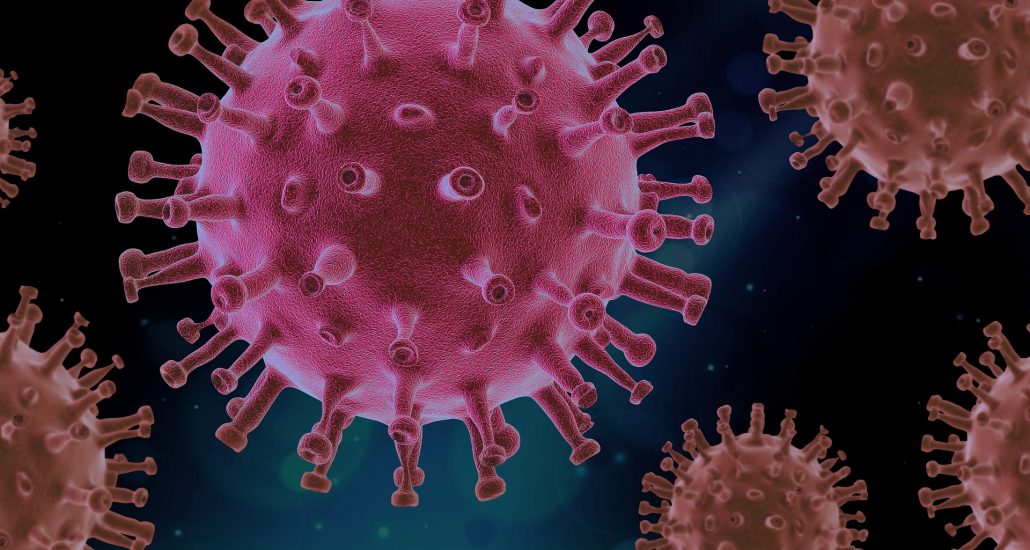
While the latest COVID-19 variant has proven less severe than its predecessors, it is also spreading faster
By Per Peterson

The first Omicron-related death in the United States — reportedly, an unvaccinated man from Texas — was announced last Monday. The next day, the governor of Minnesota and his wife both tested positive after the couple’s ninth-grade son tested as such.
It’s clear, the pandemic has made a comeback.
“There’s not a ton of great data on this yet because it kind of just emerged, but what we’re seeing with it is it appears to have a replication advantage over Delta,” said Joe Bretschneider, a Certified Physician Assistant at Sanford Tracy. “It might be more contagious than what we’re seeing with Delta.”
Businesses in cities — and cities themselves — all over the country are making decisions to limit the risk of the variant being spread. Beginning on Jan. 3, the City of Chicago will require proof of vaccination for businesses that serve food or drinks. But it’s not all bad news. Early studies suggest that, compared to the Delta variant that only recently came on the scene, Omicron might be less likely to cause severe disease, which would result in fewer hospitalizations.
“The preliminary data looked promising in that we weren’t seeing quite as severe cases from this strain,” Bretschneider said. “We’ve been hoping at some point, while it will become more contagious, it will also become more watered-down, and maybe we won’t see the severity we have been.”
Bretschneider said vaccines are still highly recommended, as are booster shots. Sanford also offers antibody therapies for people who get COVID-19, known as monoclonal antibodies — a type of biologic medicine that plays a central role in advancing the ability to treat a range of diseases, including cancer and auto-immune conditions. Bretschneider said that treatment has a good track record of preventing severe disease among high-risk individuals. The antibodies have also recently been approved for children 12 years old or older.
“I think parents are a little apprehensive about these treatments, and likely so,” Bretschneider said. “It is kind of new, but we’re actually changing the antibody therapy; we do have a new kind of monoclonal therapy to counteract this new variant. We’re kind of keeping pace with the variants.”
While some in the community are still skeptical of the vaccine, Bretschneider said Sanford still does have them available to the public and continues to schedule appointments. With the advent of COVID-19, Bretschneider said Sanford is doing more testing for viral illnesses. Since the pandemic emerged, he said one of Sanford’s goal is to rule out COVID-19.
“We’re pretty much doing vaccines just about every day,” he said. “People with symptoms of illness, we’re still doing testing. We’re still encouraging people to stay home if they’re sick, especially if they have symptoms.”
Bretschneider added that masks still have their place if people choose to wear them, especially in public places or close quarters.
See this week’s Headlight Herald for more on this article.
